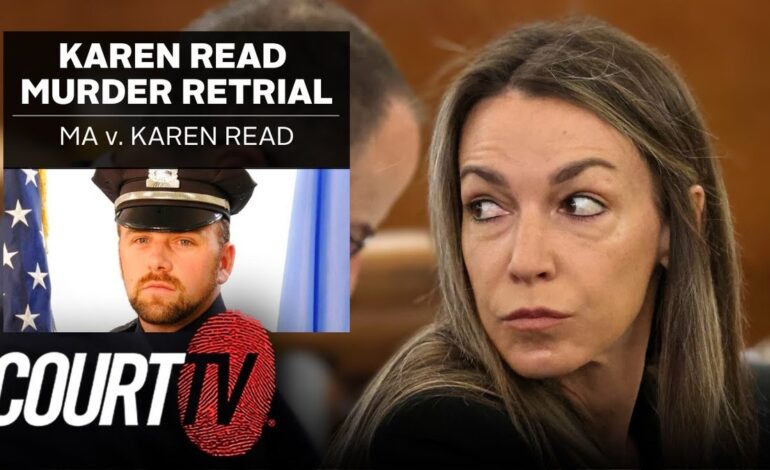Attorney Alan Jackson Raises Fair-Trial Concerns After Karen Read’s Acquittal

Objective reporting, insightful analysis—let’s delve into the key developments of the Karen Read retrial and its broader implications. The Massachusetts retrial concluded June 18, 2025, with a jury acquitting Read of second-degree murder, manslaughter while under the influence, and leaving the scene of an accident causing injury or death. Read’s defense counsel, Alan Jackson, revealed on the Howie Carr Podcast that despite his unwavering belief in her innocence, he “doubted significantly” that she would secure a fair hearing. This admission underscores persistent defense concerns about procedural neutrality in high-profile cases. Jackson’s anxieties were fueled by the prosecution’s decision to retry the former finance professor following a hung jury in December 2024, rather than allowing the mistrial to stand. Court records indicate the retrial commenced in April 2025, and jurors deliberated under heightened media attention, which a recent Boston Herald editorial warned could skew impartiality.
Despite the acquittals on the major charges, the jury did convict Read of a single misdemeanor count of operating under the influence (OUI). Under Massachusetts law (MGL c. 90 § 24), a first-offense OUI can carry up to 2½ years in jail, but Read received probation and no custodial sentence—a resolution that legal analysts at Massachusetts Court Records deemed “relatively lenient, reflecting the limited scope of that verdict.” Jackson celebrated that he and Read have become “the only lawyer-client duo to achieve back-to-back murder acquittals,” a milestone unprecedented in state legal archives.
Key data points reveal how the retrial unfolded. Opening statements began April 7; testimony from accident reconstruction experts spanned three weeks; jurors reached their verdict after two days of deliberations. The confusion over an initial “no decision” announcement before the final not-guilty pronouncements raised procedural questions, prompting court officials to confirm the verdict shortly thereafter. Legal scholars quoted in a Suffolk University Law Review commentary suggest that such missteps, while rare, highlight the delicacy of jury management under intense public scrutiny.
The prosecution’s insistence on retrying Read despite the prior hung jury drew criticism from legal observers who argue that “double jeopardy concerns,” though legally circumvented by the mistrial, risk eroding public confidence in prosecutorial discretion. Meanwhile, defense strategies centered on undermining the prosecution’s timeline, emphasizing a lack of direct evidence linking Read’s SUV to intentional harm. Jackson’s post-verdict reflection—“I never doubted what the just result should be, that Karen walks through the front door, not the back”—captures both his strategic certainty and the procedural unease that shadowed the case.
That wraps up today’s forensic breakdown of the Read retrial. Stay informed, stay critical, and follow the facts.
Sources: Celebrity Storm and TMZ, Howie Carr Podcast, Massachusetts Court Records, Boston Herald
Attribution: Creative Commons Licensed




